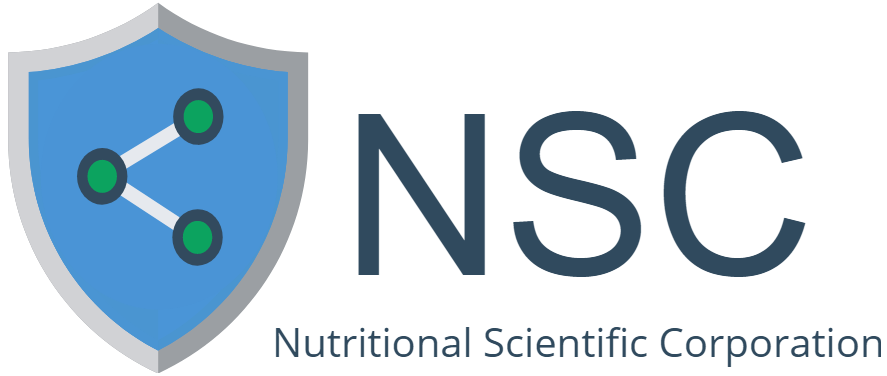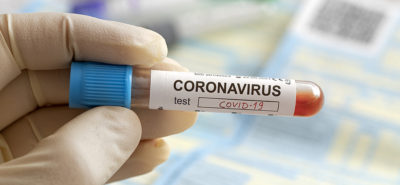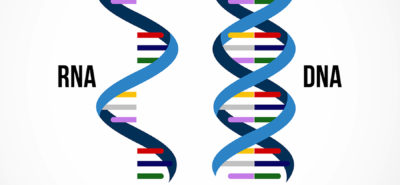Love your Heart
To live you “got’ta have heart!” Thus, we all should evaluate our risk of heart disease regularly. According to the American Heart Association, “heart disease remains the nation’s leading cause of death and has been for more than 90 years.” Cardiovascular disease still accounts for more than half of deaths in the US. Cancer, the second largest killer, only accounts for a little more than half as many deaths. With those sobering statistics in mind, let us explore ways to improve our chances of not becoming one of them. First, let us identify some cardiovascular disease risk factors and see how we fair in these areas. After all, you cannot fix something if you don’t know it’s broken or in danger of breaking.
Obesity
Being overweight is one risk factor that seems to outweigh them all (pun intended) because it can lead to other major risk factors. Carrying extra weight can lead to higher blood pressure, higher cholesterol and diabetes. Maintaining a healthy weight is not always easy but definitely achievable. Dietary changes will have the greatest impact, followed up by changing up your physical activity. If you are overweight, making a change can seem overwhelming at first but little steps in the right direction can make a big difference in terms of health benefits. People of all fitness levels can improve their risk of disease by cutting out or at least limiting sugary foods and drinks, which increase blood sugar levels and overall body weight.
Adding any type of moderate exercise, such as brisk walking can also improve physical fitness. 30 minutes per session 3-5 times per week can have tremendous cardiovascular benefits. Consistency is the key! Always consult your health care provider when starting a new fitness program. You may have to work up to any sort of vigorous exercise, such as aerobic exercise or circuit training exercises. He/she will be able to help you decide which type of exercise will benefit you the most, according to your body mass and fitness level.
Blood Pressure
High blood pressure, also called hypertension, is one of the major factors for coronary heart disease. Blood pressure is measured using two numbers: The first number, called systolic blood pressure, measures the pressure in your arteries when your heart beats. The second number, called diastolic blood pressure, measures the pressure in your arteries when your heart rests between beats. High blood pressure can damage your arteries by making them less elastic, which decreases the flow of blood and oxygen to your heart and can lead to a stroke, cardiac arrest or other coronary heart diseases.
A normal blood pressure for an adult is around 120/80. According to the CDC, to get the most accurate blood pressure reading:
- Avoid caffeine, cigarettes and other stimulants for at least 30 minutes beforehand
- Wait at least 30 minutes after eating
- If you are taking a medication to regulate blood pressure, measure before you take it
- Empty your bladder beforehand
- Rest for five minutes in a sitting position before measuring
- keep your body relaxed with your feet flat on the floor, legs uncrossed
- take two readings, one minute apart
Cholesterol
High blood cholesterol is also linked to an elevated risk for heart disease. Your body needs some dietary cholesterol to function properly, but it does not need excessive amounts. If your body produces more LDL bad cholesterol than the cells can absorb, it lodges in the artery walls and contributes to the buildup of atherosclerotic plaque, the ultimate cause of heart attacks and many strokes. HDL good cholesterol removes LDL from the artery walls and helps return LDL back to the liver for processing or elimination. The main cause of high cholesterol is poor diet quality; eating foods high in cholesterol, saturated fats and trans fats. Conversely, eating more natural plant foods can lower LDL cholesterol concentrations and help to maintain a more moderate weight as well. Heredity can also affect cholesterol levels. Many people with high cholesterol don’t even know it because it does not exhibit symptoms until there is a serious medical concern. That is why it is important to have a routine cholesterol screening.
Other risk factors
Other cardiovascular risk factors include stress, smoking, excess alcohol consumption, age, hormones, diabetes and genetics. If you have more than one risk factor, your odds of developing heart disease are not just increased – they are multiplied!
The good news is that we have control over some of these risk factors by eating a heart-healthy diet, getting and staying active and keeping track of changes in our blood pressure and cholesterol. It’s never too late to begin improving your heart health and you have already taken the first step – improving your heart health knowledge by understanding your cardiovascular risk factors. Your approach to wellness will go a long way to help determine your outcome.






